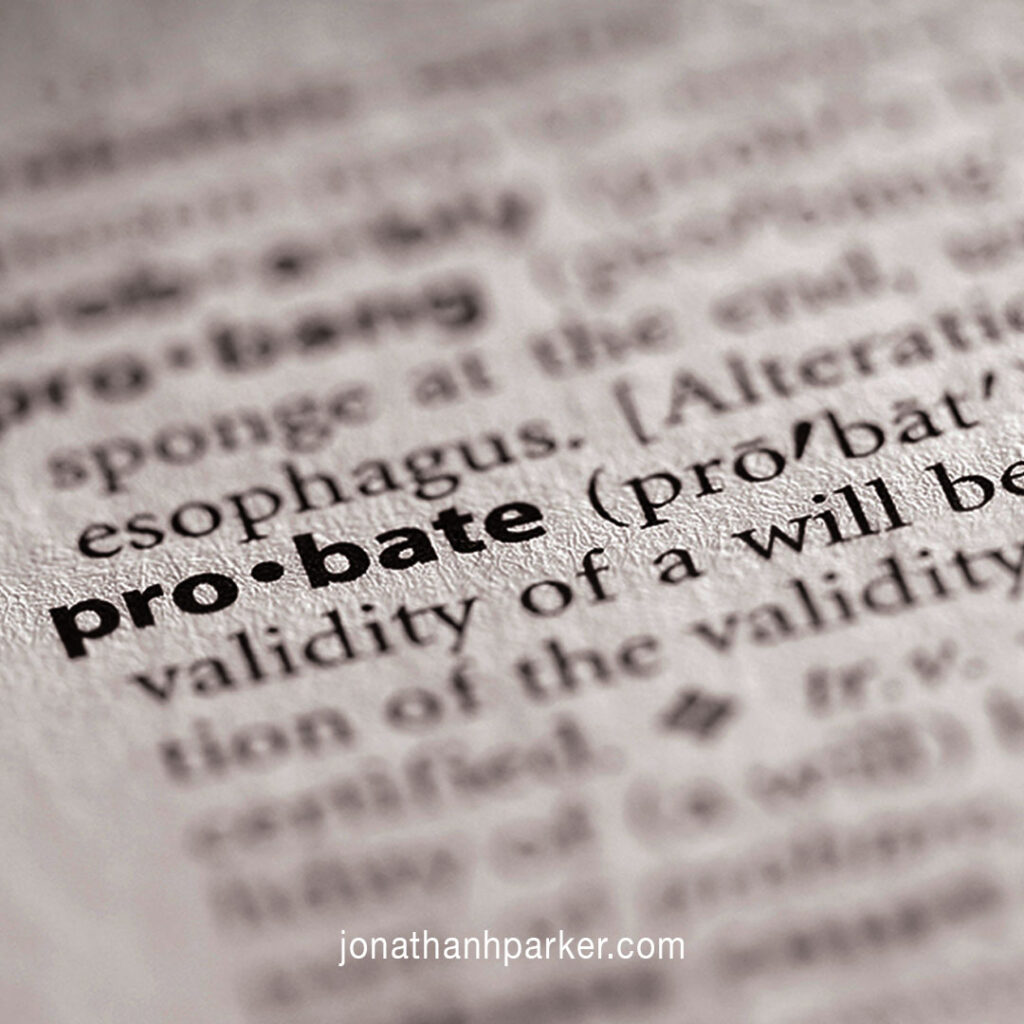Florida is home to complex homestead laws. There are many benefits and protections afforded to homeowners and their homesteads. To receive these benefits, however, certain specific criteria must be satisfied. Homestead laws involve the following main topics: taxes; protection from creditors; and distribution upon death.
Here’s an overview of what these laws entail.
What qualifies as a Florida homestead?
Homestead is not just any real estate property. To qualify as a homestead in Florida, the owner must: have legal or beneficial title to the home on January 1st of the year the owner wants to benefit from homestead laws, and reside at the property as though it is the owner’s permanent residence, and be a resident of Florida.
So, to constitute a homestead in Florida, the property must be owned and lived in by the owner. Once established as a homestead, it will remain the same until the owner notifies the property appraiser’s office of any change in this status.
Taxes & Your Florida Homestead
One significant benefit of a Florida homestead involves taxes. The homestead exemption helps homeowners save money on their taxes. As of 2019, the homestead exemption is up to $50,000. The first $25,000 is exempt from all property taxes while the second exemption up to $25,000 applies to the assessed value between $50,000 and $75,000 and only to non-school taxes.
So, for example, if your home is valued at $60,000, then exemptions look like the following: the first $25,000 is exempt from all property, the second $25,000 is taxed, and the remaining $10,000 is exempt from non-school taxes.
Plus, Florida’s Save Our Homes program sets a cap on assessments. Your first year at the home the appraiser will assess it at just value. For tax purposes, assessments for each following year will be the lesser of either: three percent; or the percentage change in the consumer price index for the previous year.
Protection for Florida Homeowners against Creditors
In Florida, creditors cannot force you to sell your home in order to pay back debt. For example, if there is a judgment against you, you will not have to sell your home. This is true even if you die, the judgment cannot force your heirs to sell the property to pay the debt.
There is, however, one exception: judgments specific to the home. If you are in foreclosure, have past due association fees, or there’s a contractor’s lien, your home will not be protected – meaning you could lose your home and your homestead benefits. Also, creditors who held liens on the property are an exception to the creditor protection established by Florida law.
Florida Homestead & Distribution upon Death
When the homeowner dies, there are strict laws and restrictions on how the property is conveyed or transferred from the decedent to another person. According to Florida Statute Article X, Section 4. Homestead, exemptions:
(b) These exemptions shall inure to the surviving spouse or heirs of the owner.
(c) The homestead shall not be subject to devise if the owner is survived by spouse or minor child, except the homestead may be devised to the owner’s spouse if there be no minor child. The owner of homestead real estate, joined by the spouse if married, may alienate the homestead by mortgage, sale or gift and, if married, may by deed transfer the title to an estate by the entirety with the spouse. If the owner or spouse is incompetent, the method of alienation or encumbrance shall be as provided by law.
Descent
As such, the homestead first goes to the minor child or minor children. There are, however, considerations when a surviving spouse and minor children exist.
Surviving Children
A homestead is first transferred to a minor child or children regardless of whether there is a spouse. This does not include adult children. The homeowner is allowed to disinherit, if he or she chooses, an adult child or can favor one adult child over another adult child in terms of the homestead and inheritance.
Single parents who have sole ownership in the homestead can also leave the homestead to a minor child or minor children via a special irrevocable trust. The trust will negate the need for a guardianship for the minor. What’s more: it gives the single parent control over when and how the minor child inherits the home. To set up an irrevocable trust for this purpose, it is best to consult with an experienced estate planning attorney because the laws are complex and a minor mistake can result in an invalid trust.
Surviving Spouse
If there are no children, then the homestead passes to the spouse. But even when there are minor children, the homestead can pass to the spouse through rights of survivorship (i.e., the title of the property was in both spouses’ names) or else the surviving spouse takes a life estate in the homestead, meaning she or he can remain in the homestead until his or her death and with a vested remainder to the decedent’s lineal descendants per stirpes.
The surviving spouse, according to Florida Code § 732.401, also has the right to
elect to take an undivided one-half interest in the homestead as a tenant in common, with the remaining undivided one-half interest vesting in the decedent’s descendants in being at the time of the decedent’s death, per stirpes.
The surviving spouse has six months to exercise this right, and it must be approved by the court.
No Surviving Minor Children or Spouse:
If the homeowner is not survived by a spouse or minor children, the owner can leave the house to anyone.
Restrictions
In Florida, the owner of the homestead cannot mortgage, sell, or gift the homestead to anyone other than the spouse or to the owner and the spouse unless the spouse signs the deed or mortgage. Also, the owner of a homestead or a creditor cannot transfer or devise the homestead if he or she would be survived by a spouse or minor children.
Finally, Florida law restricts lifetime alienation. Restrictions on a property’s descent often provoke litigation when, for example: it is not clear the decedent owned the homestead, it is not clear the surviving spouse signed or waived his or her rights away, the decedent was separated but not divorced, it appears the property was already transferred while the decedent was alive, or it appears the homestead had been abandoned.

